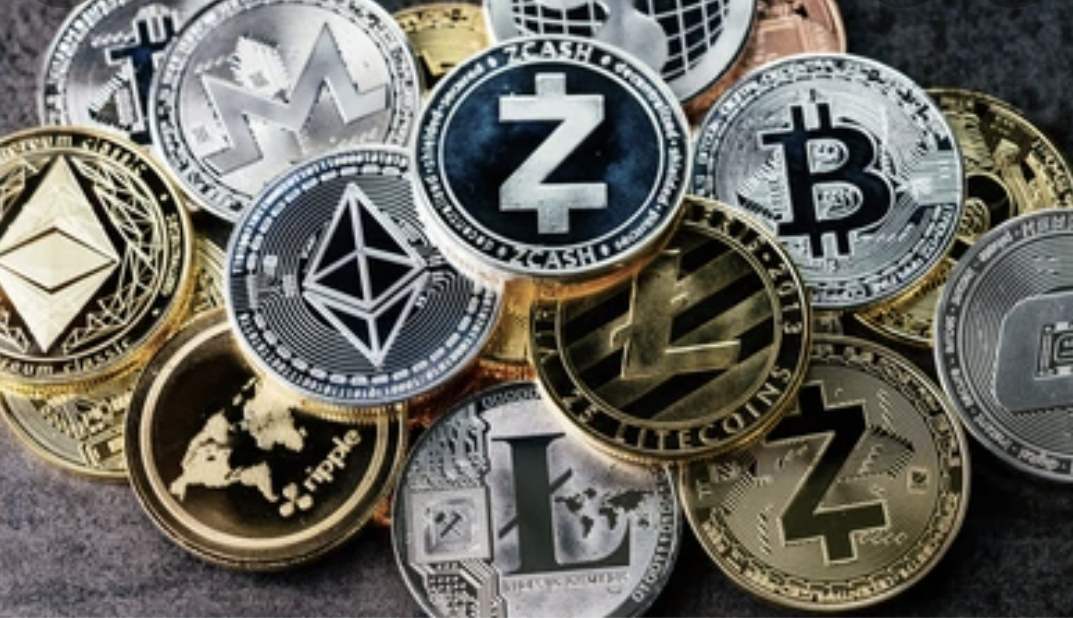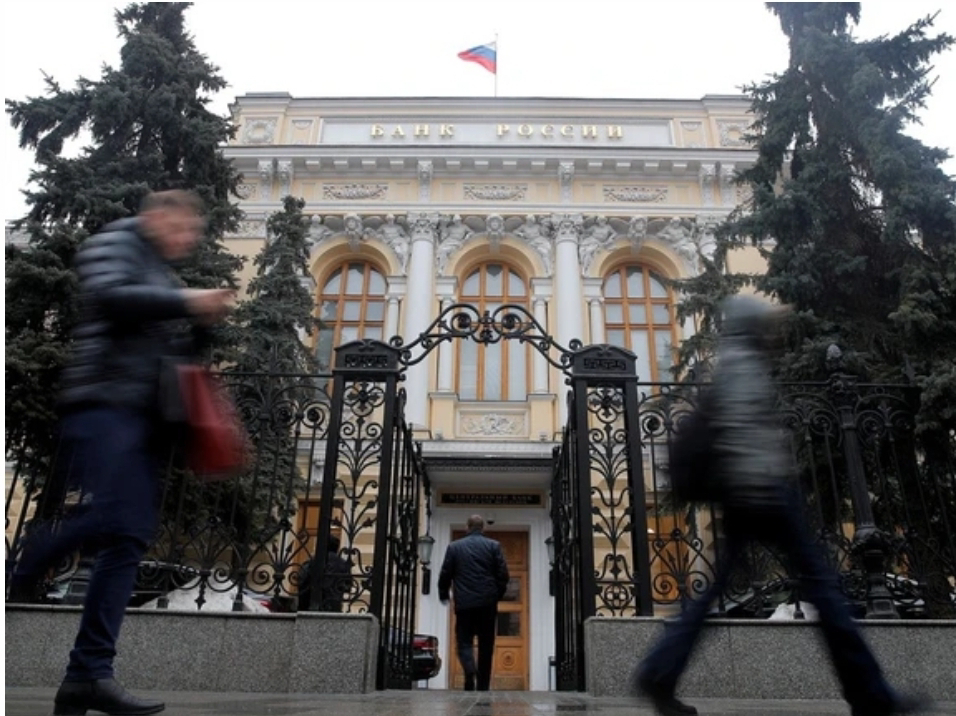E-money Dilarang, Rakyat Ukraina: Kami Tidak Percaya Bank!
Di tengah masih memanasnya situasi dan penerapan kondisi darurat di Ukraina, bank sentral Ukraina menindak transfer uang digital dalam salah satu tindakan terbaru yang diterapkan sehubungan dengan deklarasi darurat militer secara nasional.
The National Bank of Ukraine memerintahkan kepada penerbit uang elektronik (e-money) untuk menangguhkan penerbitan uang elektronik dan pengisian kembali dompet elektronik dengan uang elektronik. Perintah tertulis juga menunjukkan bahwa distribusi e-money untuk sementara dilarang.
Referensi ke uang elektronik kemungkinan mengacu pada mata uang fiat yang disimpan di akun digital melalui platform seperti Venmo atau PayPal.
Hal ini merupakan salah satu di antara banyak aturan baru yang diluncurkan oleh bank sentral negara itu saat pasukan Rusia mengepung Ukraina hingga Kamis malam waktu setempat.
The National Bank of Ukraine merilis pernyataan pada Kamis dengan serentetan resolusi, termasuk perintah untuk menangguhkan pasar valuta asing, membatasi penarikan tunai, dan melarang penerbitan mata uang asing dari rekening bank ritel.
Saat Ukraina menindak jalur uang tunai dan Moskow melancarkan serangan udara dan pasukan darat, beberapa warga Ukraina malah beralih ke mata uang kripto.
Kuna, pertukaran kripto di Ukraina yang cukup populer menunjukkan bahwa pembeli domestik rela membayar premium untuk stablecoin Tether (USDT).
"Kami tidak percaya pemerintah, kami tidak mempercayai sistem perbankan, dan kami tidak mempercayai mata uang lokal," kata Michael Chobanian, pendiri Kuna dalam sebuah wawancara dengan Coinbase, dikutip dari CNBC International.
"Mayoritas orang di Ukraina terpaksa memilih kripto karena transaksi menggunakan uang fiat disini sedang dibatasi," tambah Chobanian.
Namun pada nilai tukar saat ini, harga untuk satu Tether naik menjadi berkisar 32 hryvnia Ukraina (US$ 1,10), berkat adanya peningkatan permintaan.
Selama berbulan-bulan, para pemimpin Ukraina telah berupaya untuk mengubah citra negaranya sebagai salah satu kiblat mata uang digital.
Pada tahun 2021, Presiden Ukraina, Volodymyr Zelenskyy menandatangani undang-undang yang membuka jalan bagi bank sentral Ukraina untuk menerbitkan mata uang digitalnya sendiri, dan presiden serta parlemen baru-baru ini menyepakati undang-undang untuk melegalkan dan mengatur mata uang digital.
Pada kunjungan kenegaraan resmi ke Amerika Serikat (AS) pada Agustus tahun lalu, Zelenskyy berbicara tentang "pasar inovatif legal untuk aset virtual", di mana Ukraina dapat menjadi titik penjualan untuk investasi mata uang digital.
Menteri Transformasi Digital, Mykhailo Fedorov mengatakan bahwa Ukraina siap memodernisasi pasar pembayarannya sehingga bank nasional akan dapat menerbitkan mata uang digital.
Sebelum adanya 'invasi' dan konflik dengan Rusia, Ukraina memiliki rencana untuk membuka pasar cryptocurrency bagi para pelaku bisnis dan investor.
Pejabat tinggi negara bagian juga telah menggembar-gemborkan kredibilitas crypto street mereka kepada investor dan dana modal ventura di Silicon Valley. Tetapi, dengan adanya 'invasi' Rusia tersebut membuat pemerintah Ukraina kembali gagal meneruskan impiannya tersebut.


Komentar